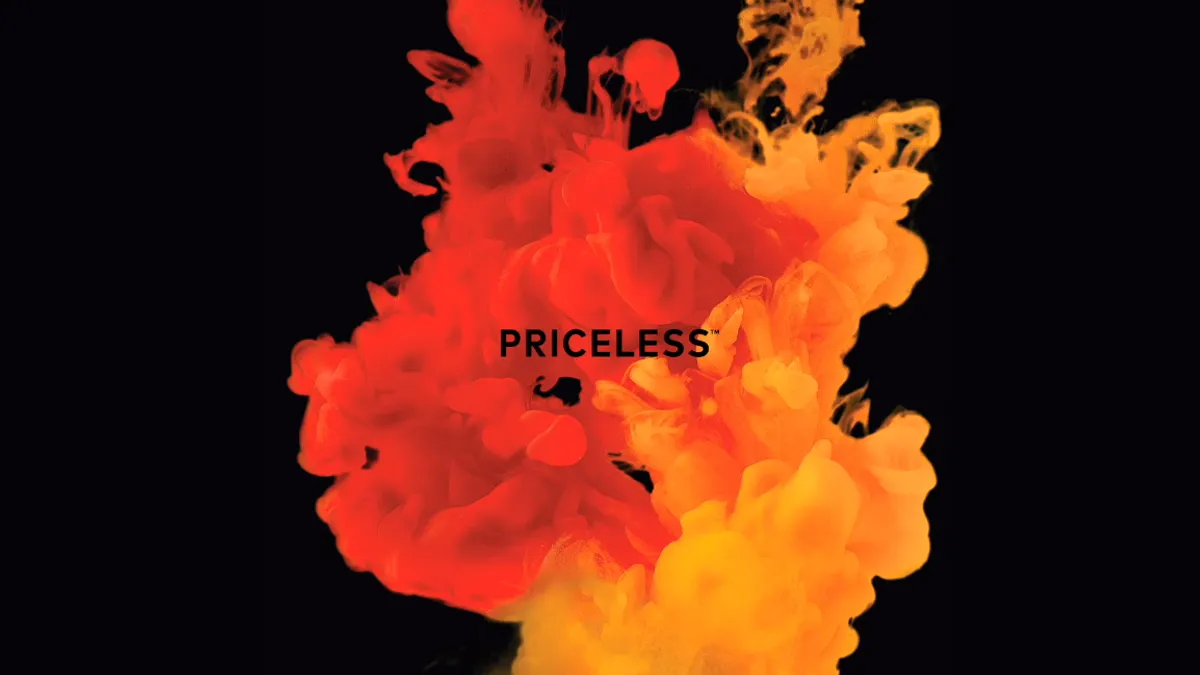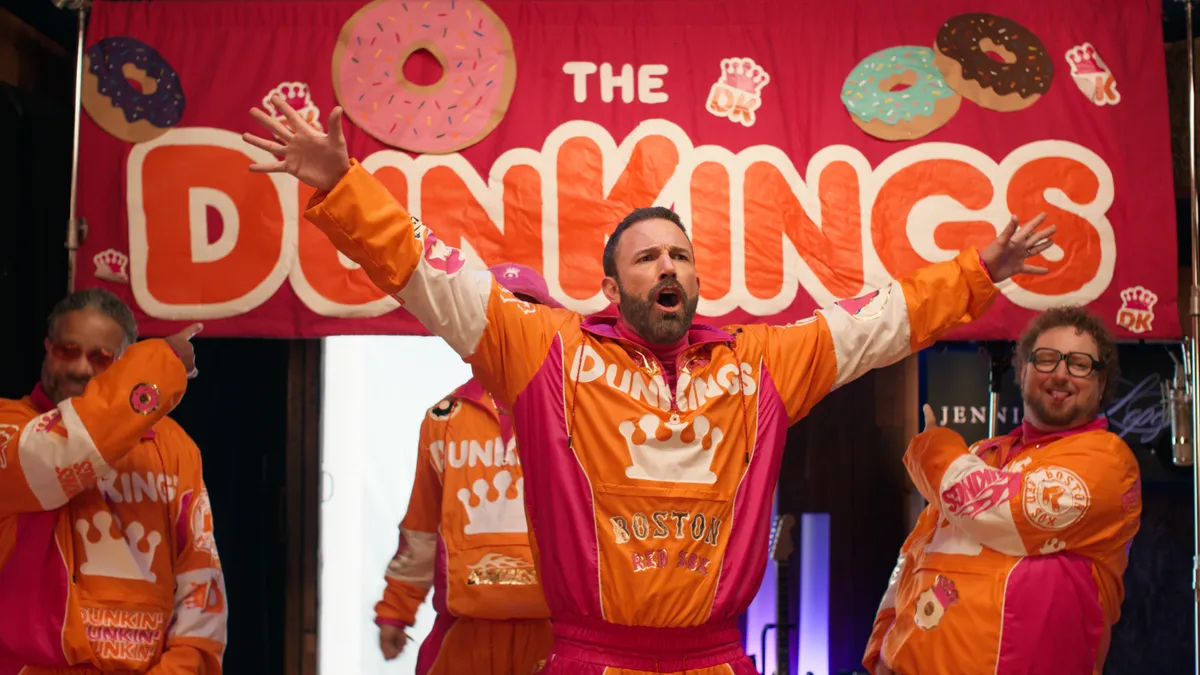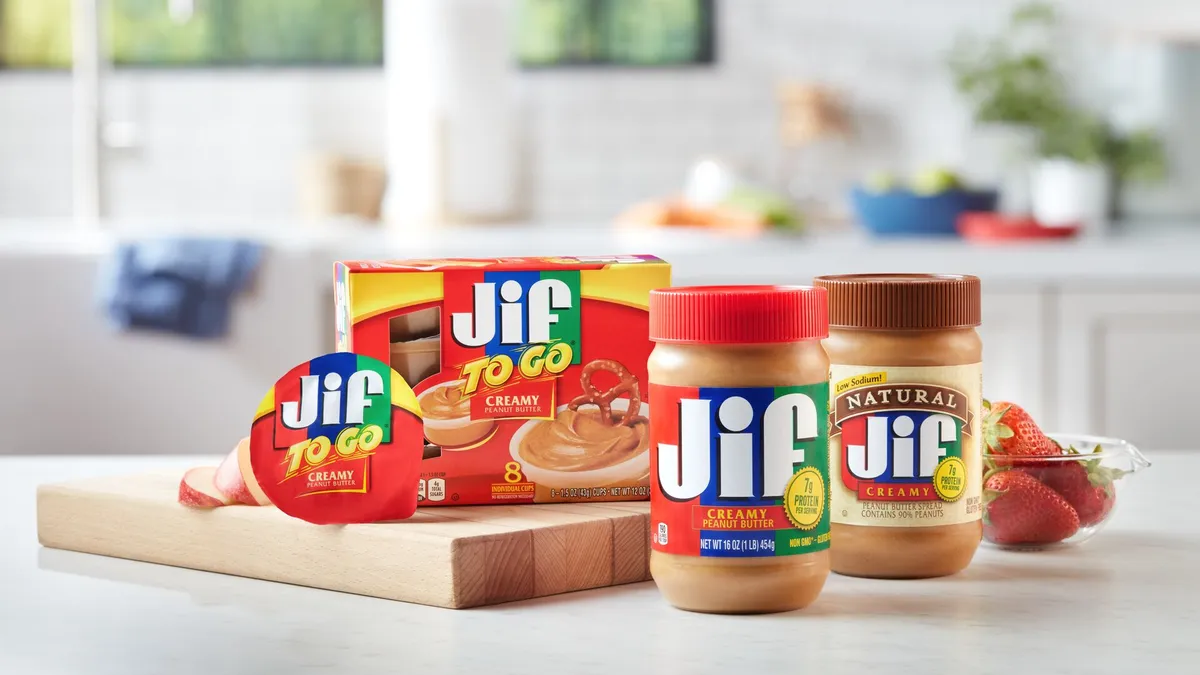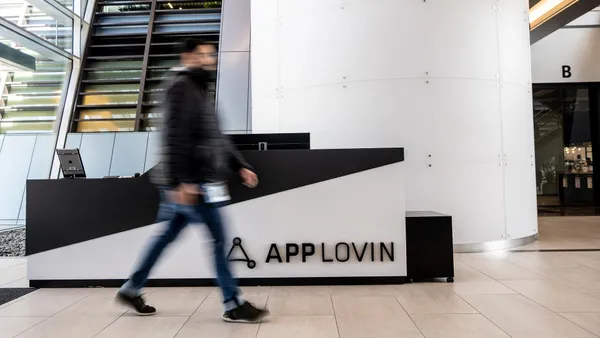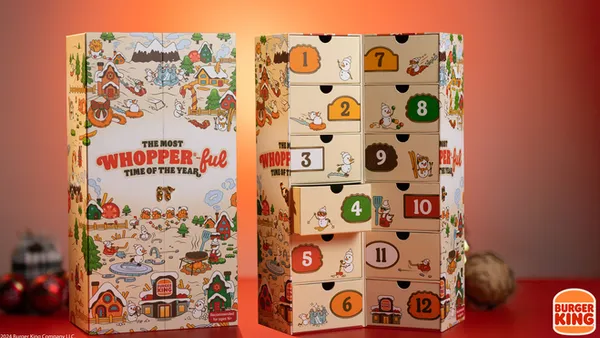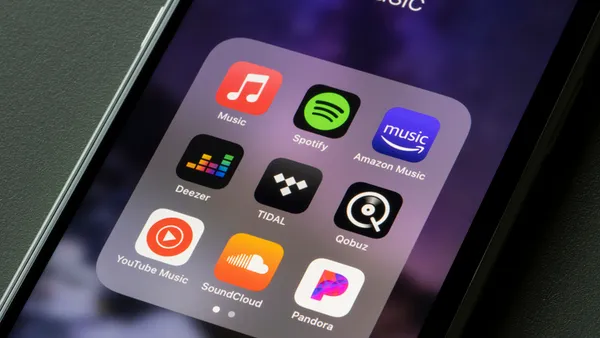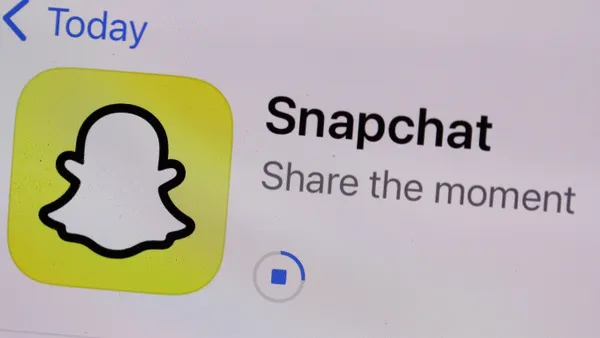Brief:
- Mastercard is urging soccer fans to join in a virtual version of a stadium wave on TikTok as European teams compete this month in the UEFA Champions League, Mobile Marketing Magazine reported. Videos inspired by the payment company's #PricelessWave challenge have been viewed over 940 million times at press time.
- When TikTok users create a video while raising their arms from the bottom of a smartphone screen to the top, digital confetti shaped like soccer balls and trophies fall across the screen. Star players Fernando Torres and Marcel Desailly also appear in videos to urge others to participate in the challenge.
- Mastercard is using its sonic branding to help fans root for their favorite teams and players during the tournament. The company's Priceless.com website has video interviews with retired soccer stars and offers fans a chance to win experiences like personalized coaching or exclusive access to live interviews.
Insight:
Mastercard's "Priceless Wave" aims to engage soccer fans with an experience they can share as the UEFA Champions League tournament gets underway after being delayed earlier this year because of the coronavirus pandemic. With limitations placed on travel and attending games in-person, the idea of a virtual wave could resonate more with fans who feel they are missing out.
The TikTok activation is part of Mastercard's broader sponsorship of the soccer tournament that is one of the most-watched sporting events in the world. Through the partnership, Mastercard can connect with a younger audience that is more likely to follow players and teams on social media. The campaign at the same time might help drive traffic to the marketer's Priceless.com website that offers exclusive online experiences for cardholders.
The TikTok effort is notable for integrating Mastercard's sonic branding, in which the company uses a series of tones to identity its service in everything from commercials to whenever a consumer completes a shopping action with a Mastercard. The company introduced its sonic brand identity last year amid the growth in voice shopping and consumption of on-demand audio content, including streamed music and podcasts, but the pandemic has opened new avenues for the concept.
Mastercard's campaign comes as the payments company seeks to recover from the negative effects of the coronavirus on the global economy and spending at stores and restaurants. Its revenue dropped 19% to $3.3 billion in Q2 from a year earlier, leading to a 31% decline in its profit to $1.4 billion, per a quarterly announcement.
However, company management noted that it saw signs of recovery in July from the prior month in the U.S. and Europe. The volume of contactless transactions grew to 37% of in-person purchases from 28% a year earlier, CFO Sachin Mehra told Marketwatch. The increase was a sign that more consumers were using the technology to avoid physical contact at store checkouts, offsetting a drop in mass-transit usage as commutes became less frequent during lockdowns.
Mastercard is among the brands that have created hashtag challenges to engage consumers on TikTok, which has been one of the most downloaded apps in the world during the pandemic, researcher Sensor Tower estimated in April. E.l.f. Cosmetics recently announced plans to introduce the first reality show on TikTok and challenged wannabe beauty influencers to create videos explaining why they should be chosen to appear in the series. Teledentristy company SmileDirectClub has racked up billions of views with a new challenge that offers a chance to win free teeth alignment.
Marketers continue to develop campaigns for TikTok despite the possibility that the app will be banned in the U.S. amid political tensions with China, where TikTok's parent company ByteDance is based. The Trump administration late last week issued an executive order demanding that ByteDance sell TikTok's U.S. operations and any data collected by the app or its predecessor, Musical.ly, by Nov. 12. Software giant Microsoft has been in talks with ByteDance about buying TikTok's operations in several markets, including the U.S.


